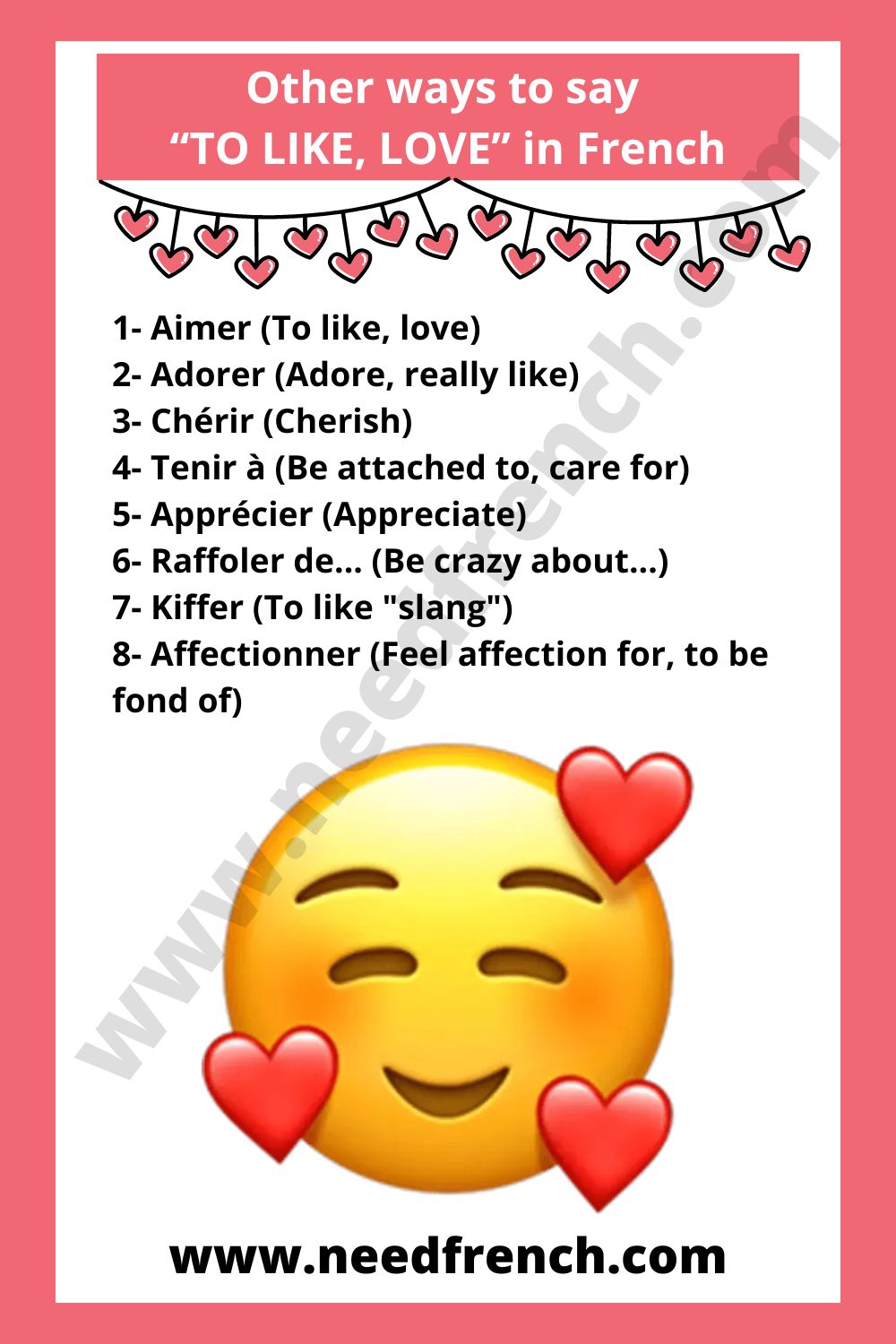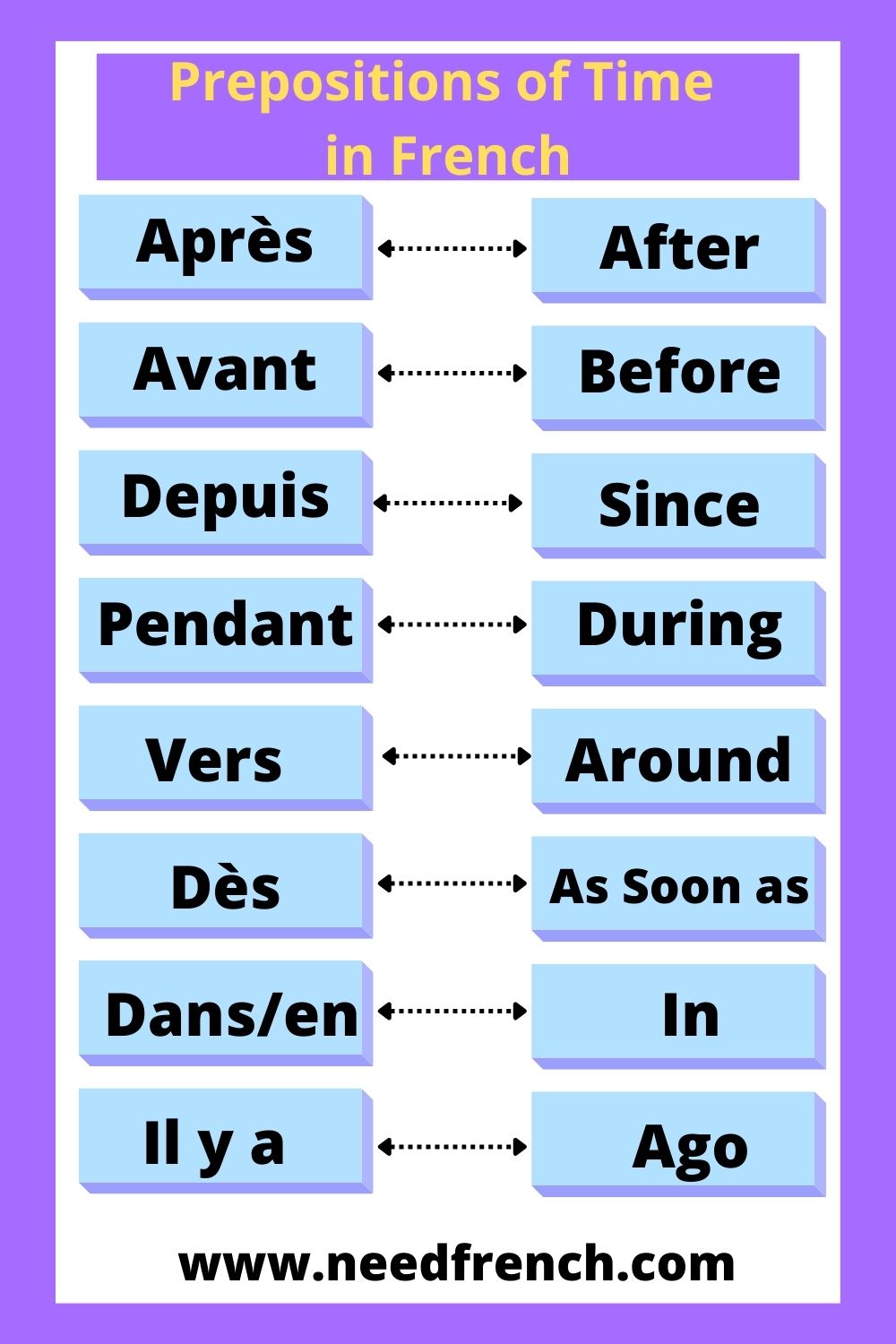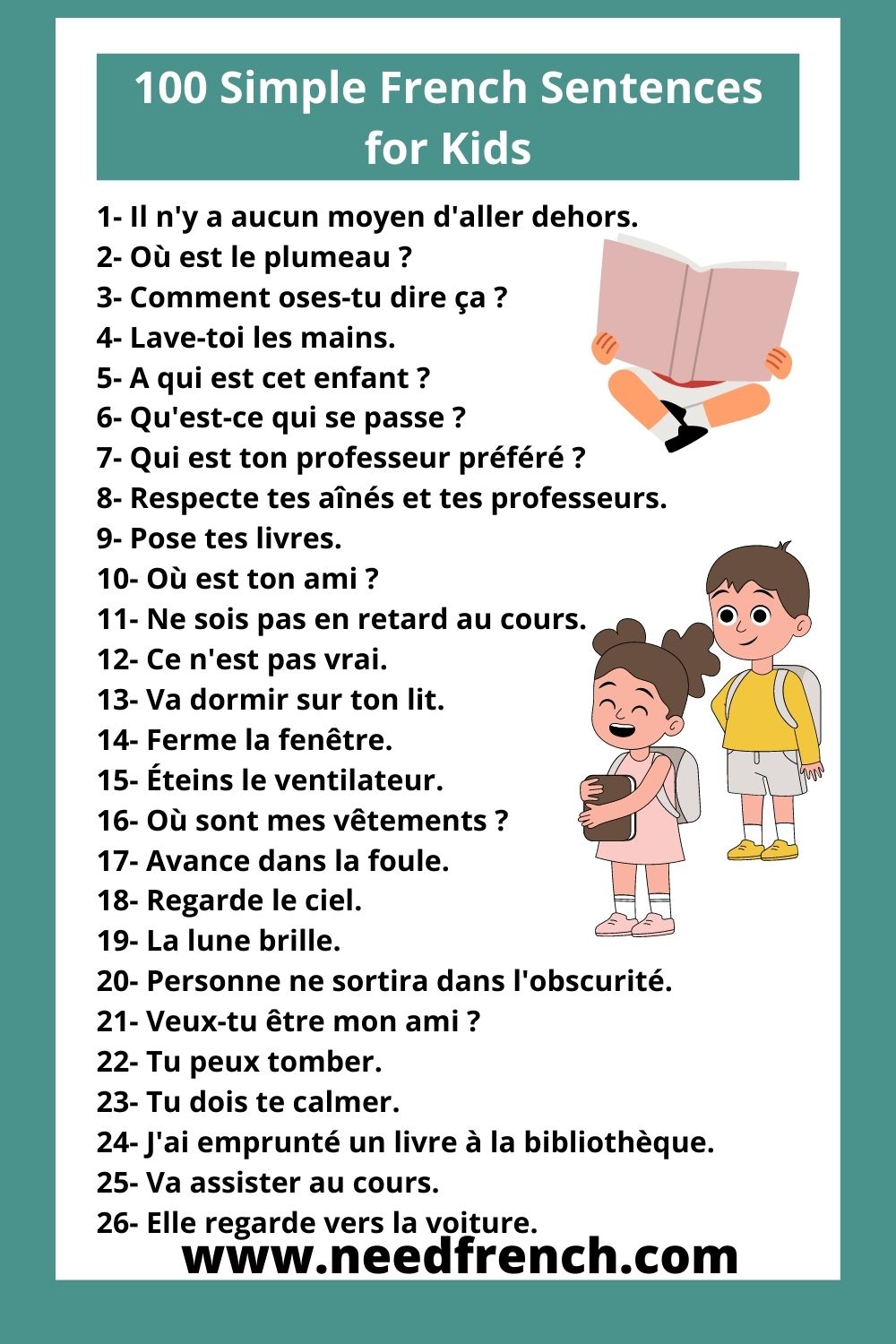Bonjour! Welcome to your guide on French greetings. Whether you’re planning a trip to Paris or just starting your French language journey, mastering these essential greetings will help you make a great first impression and navigate social situations with confidence.
In this article, we’ll explore the most common French greetings, when to use them, and how to sound like a native speaker. Let’s dive in!
Starting a Conversation
Bonjour
Pronunciation: bohn-zhoor Usage: Formal, used during the day (until around 6 PM)
“Bonjour” is the most versatile and common greeting in French. Use it when:
- Entering a shop
- Meeting someone for the first time
- Greeting colleagues at work
Example: “Bonjour, Madame. Comment allez-vous?” (Hello, Ma’am. How are you?)
Bonsoir
Pronunciation: bohn-swahr Usage: Formal, used in the evening (after 6 PM)
“Bonsoir” is the evening equivalent of “Bonjour.” Use it when:
- Arriving at a dinner party
- Greeting neighbors in the evening
- Entering a restaurant for dinner
Example: “Bonsoir, Monsieur. Avez-vous une réservation?” (Good evening, Sir. Do you have a reservation?)
Salut
Pronunciation: sah-lew Usage: Informal, used among friends and family
“Salut” is a casual greeting that can be used to say both hello and goodbye. Use it with:
- Close friends
- Classmates
- Family members
Example: “Salut, Marie! Ça va?” (Hi, Marie! How’s it going?)
Allô
Pronunciation: ah-loh Usage: When answering the phone
While “Allô” is primarily used when answering the phone, in Quebec, it can also be used as a casual face-to-face greeting.
Example: “Allô? Qui est à l’appareil?” (Hello? Who’s calling?)
Ending a Conversation
Au revoir
Pronunciation: oh ruh-vwahr Usage: Formal, universal goodbye
“Au revoir” is the most common way to say goodbye in French. It’s suitable for most situations, especially formal ones.
Example: “Merci pour votre aide. Au revoir!” (Thank you for your help. Goodbye!)
Bonne journée / Bonne soirée
Pronunciation: bohn zhoor-nay / bohn swah-ray Usage: Formal or informal, used during the day / evening
These phrases mean “Have a good day” and “Have a good evening” respectively. They’re friendly ways to end an interaction.
Example: “C’était un plaisir de vous rencontrer. Bonne journée!” (It was a pleasure to meet you. Have a good day!)
À tout à l’heure
Pronunciation: ah too tah luhr Usage: Informal, when you’ll see the person again soon
Use this phrase when you expect to see someone again in a few hours or later the same day.
Example: “Je vais déjeuner. À tout à l’heure!” (I’m going to lunch. See you soon!)
À demain
Pronunciation: ah duh-mahn Usage: When you’ll see the person the next day
This simply means “See you tomorrow.” It’s great for ending a workday or a class.
Example: “On continue le projet demain. À demain!” (We’ll continue the project tomorrow. See you tomorrow!)
À la prochaine
Pronunciation: ah lah proh-shen Usage: Informal, when you’re not sure when you’ll see the person again
This phrase means “Until next time” and is a friendly way to say goodbye when you’re unsure of your next meeting.
Example: “C’était sympa de te voir. À la prochaine!” (It was nice seeing you. Until next time!)
Bonne nuit
Pronunciation: bohn nwee Usage: When someone is going to bed
Use “Bonne nuit” only when someone is actually going to sleep, not as a general evening goodbye.
Example: “Je vais me coucher. Bonne nuit, tout le monde!” (I’m going to bed. Good night, everyone!)
Adieu
Pronunciation: ah-dyuh Usage: Very formal, for permanent goodbyes
“Adieu” is rarely used in everyday conversation. It implies a final, often dramatic farewell.
Example: “Je pars pour toujours. Adieu, ma chère amie.” (I’m leaving forever. Farewell, my dear friend.)
Tips for Using French Greetings
- Pay attention to the time of day when choosing between “Bonjour” and “Bonsoir.”
- Add titles like Monsieur (Sir), Madame (Ma’am), or Mademoiselle (Miss) to be extra polite.
- Use “tu” forms with “Salut” and “vous” forms with more formal greetings.
- Accompany your greeting with a smile and, if appropriate, “la bise” (cheek kisses).
- Practice your pronunciation to make a great impression.
Practice Makes Perfect
Learning French greetings is just the beginning of your language journey. To truly master these phrases:
- Listen to native speakers in French movies, podcasts, or YouTube videos.
- Practice with language exchange partners or in online French communities.
- Use language learning apps for daily practice.
- Visit a French-speaking country if possible, to immerse yourself in the language and culture.
Remember, making mistakes is part of the learning process. Don’t be afraid to use your new French greetings – native speakers will appreciate your effort!
Bonne chance (Good luck) with your French language adventure!
















